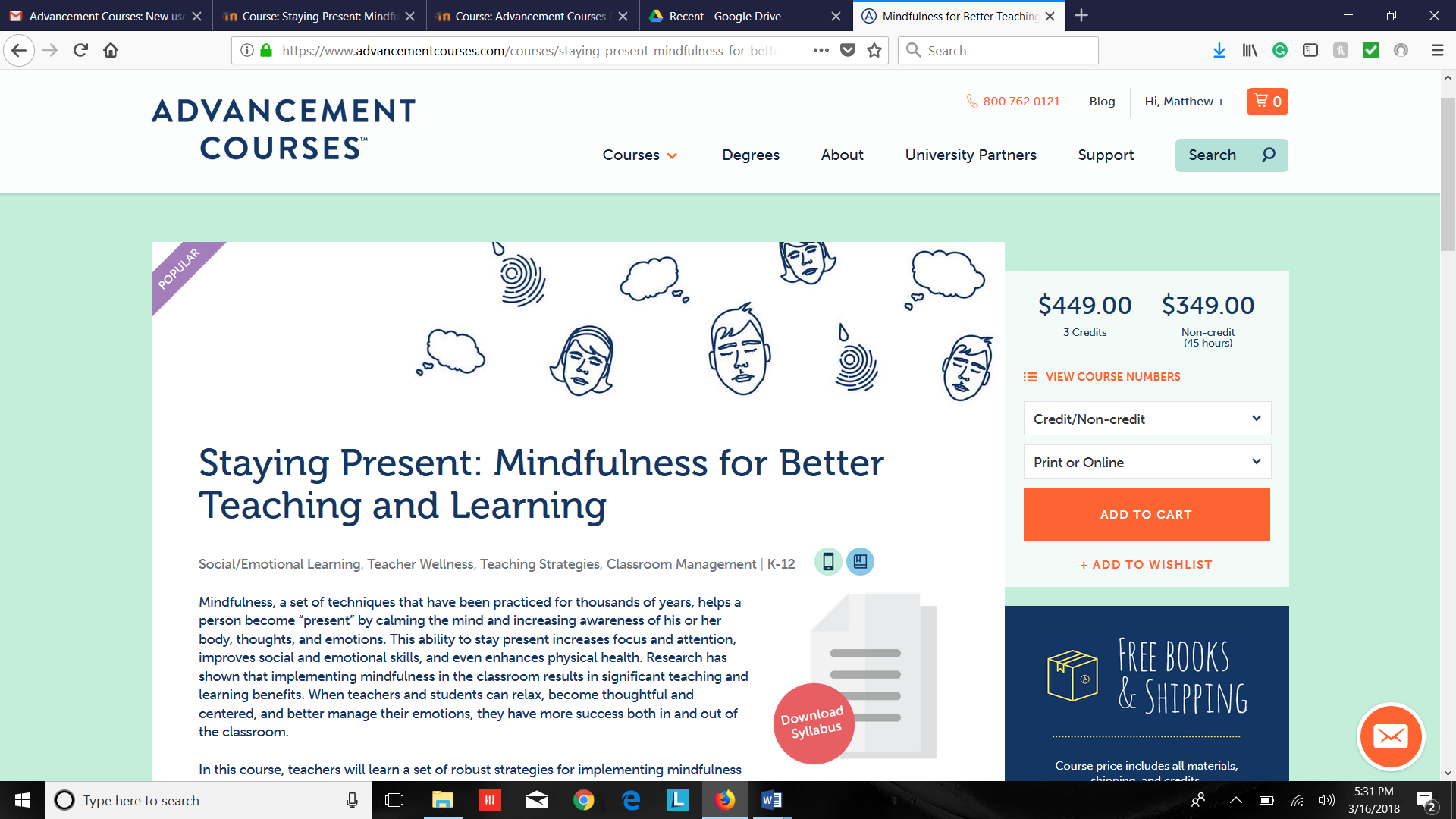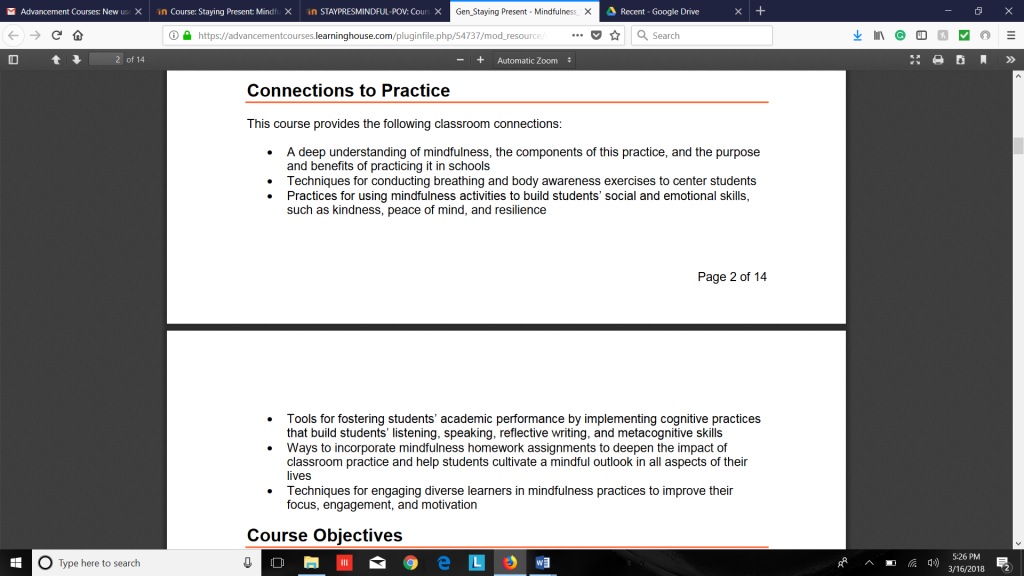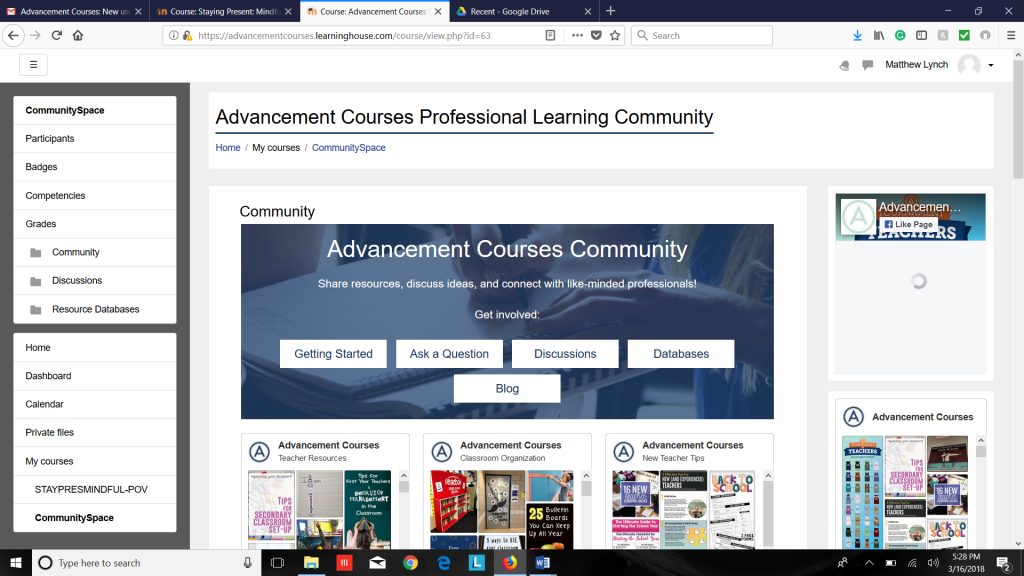Are you looking for debate topics for your middle and high school students? Well, you have come to the right place. Check out our list of 120 debate topics for middle and high school students.
General Debate Topics
- Should we ban homework: does homework promote learning?
- How essential is a college education?
- Banning mobile devices (cell phones, smartphones) at schools: yes or no?
- Is it appropriate to allow students to create their own curricula?
- Is abortion murder?
- Are violent video games appropriate entertainment for teenagers?
- Does social media contribute to teenage suicide?
- Does modern social media make people less socially active?
- How should modern society respond to teenage pregnancies?
- Is higher education a necessary prerequisite for an individual’s financial success in the future?
Topics Related to Education
- Are private schools better than public schools?
- Should education be privatized entirely?
- Are student loans exploitative?
- Does the traditional classroom address contemporary society’s needs?
- Is allowing teachers to carry guns on campuses a good idea?
- Does the contemporary grading system work?
- Should college education be compulsory?
- Is it appropriate to teach religion in schools?
- Is homeschooling better than a public or private school education?
- Is it fair to require that all students learn at least one foreign language?
Social Debate Topics
- Does the contemporary policing of marginalized communities in the United States contribute to the criminalization of youth?
- Should the death penalty be abolished in the United States?
- Is it ethical to have an abortion in the early stages of pregnancy?
- Does peer pressure absolve deliquent teens from cupabilty?
- Will electronic databases fully substitute brick and mortar libraries?
- Is cloning ethically acceptable?
- Is the legalization of marijuana a food idea?
- Should euthanasia be legalized?
- Is there any reason to raise minimum wages?
- Drug addicts: Do they need help or punishment?
- Is nationalism beneficial or dangerous in the context of globalization?
Environmental Issues
- Is climate change already irreversible?
- Banning plastic bags and packaging: yes or no?
- Are genetically modified foods a viable solution?
- Banning zoos: yes or no?
- How does tourism affect the environment?
- Should there be more national parks in the United States?
- Is banning fracking a good idea?
- All people should become vegetarian.
- What is organic farming’s role in agriculture’s future?
- Are live animal exports ethically acceptable?
Political Debate Topics
- Political campaigns should not be allowed to accept money from.
- Democracy is the best form of government.
- Is it appropriate for governments to limit their citizens’ freedom of speech?
- Are taxes that increase at accelerating rates fair?
- Limiting terms for U.S. senators and representatives brings more harm than good.
- Former offenders should preserve their voting rights.
- Modern patterns of incarceration that affect minorities more than whites contribute to racial inequality in the US.
- Is it necessary for a political leader to be active on social media?
- Is the US Constitution a living document?
- Should the Supreme Court judges be appointed for predetermined fixed periods?
Debate Topics Related to Parenting
- Should children use smartphones without parental supervision?
- Teenage girls having access to birth control without parental supervision: yes or no?
- Should parents decide which career their children will pursue?
- Parents always treat their children fairly: yes or no?
- Is it ethically permissible for parents to pick the genders of their future children?
- Gay couples are adopting children: pros and cons.
- Should parents control their children’s activities on social media?
- Is parental supervision the same as parental control?
- Teenage children and completely autonomous decision-making: should parents allow this?
- Is parental support essential for the future success of children?
Technology Topics
- Will technology make people smarter?
- Is artificial intelligence dangerous?
- Will robots increase people’s quality of life?
- How do technological advances influence us?
- Will humans colonize another planet soon?
- Can all cars become electric?
- Does technology intensify human communication?
- Recent developments in technology transform people’s interests: yes or no?
- Can people save nature using technology (or destroy it)?
- Do laws effectively keep up with changes in technology?
- How can companies like Certbolt grow their ROI?
Healthcare Topics
- Justifying the legalization of recreational marijuana: yes or no?
- Is mandatory vaccination constitutional?
- Alternative medicine and its impact on the future of healthcare.
- Does technology promote our health?
- Modern healthcare and antibiotics.
- Is drug legalization a good idea?
- Does globalization promote universal healthcare?
- Should healthcare services for all citizens be fully funded by the government?
- Should the government be allowed to force parents to take their sick children to the hospital?
- Can competition improve the quality of healthcare services?
Debate Topics Related to Leisure
- Is a summer vacation better than a winter vacation?
- Encouraging teenagers to read books: are the outcomes encouraging?
- Has technology changed the way young people spend their leisure time?
- Has social media taken over our leisure time?
- Can daily leisure time be a substitute for a yearly vacation?
- Is leisure time essential for workplace effectiveness?
- Playing video games during leisure time: pros and cons.
- Has work-life balance changed with the advent of technology?
- Has globalization and our increased mobility changed the way we view vacations?
- Women spend their leisure time differently than men.
Debating Financial and Policy Matters
- Can the U.S. government ensure the country’s financial stability?
- How secure is mobile banking?
- Does the credit industry promote or hinder economic development?
- Is there any economic justification for wars?
- Should wealthy people pay higher taxes than the poor?
- How would lowering the voting age impact America’s future?
- Mass incarceration and its impact on U.S. politics.
- Mandatory financial education: pros and cons.
- Should online financial advice be available for every citizen?
- Can high profitability alone justify environmentally hazardous practices?
Debating Historical Matters
- History is an important subject that all students should learn: yes or no?.
- Is King Arthur a real historical figure or myth?
- Knowledge of history enriches one’s worldview: yes or no?
- What role did Britain play during the First World War?
- How have different historians interpreted World War Two?
- Was there any justification for the atomic bombings of Hiroshima and Nagasaki by the US?
- How shoudl we interpret the Revolutionary War?
- Ancient Roman culture versus contemporary culture.
- History & its impact on the future.
- Modern interracial conflicts evaluated from a historical perspective.
Topics for Fun Filled Debates
- Are men stronger than women?
- Daydreaming versus dreaming at night: which is better?
- Communication between the sexes: do men and women have different approaches?
- Choosing the best pizza topping: healthy versus tasty.
- Do fairy tales affect children’s perception of reality?
- Is living together before marriage appropriate nowadays?
- Should teenagers get after-school jobs?
- Gender and life expectancy: what factors explain life expectancy gaps?
- From a historical perspective, are women smarter than men?







